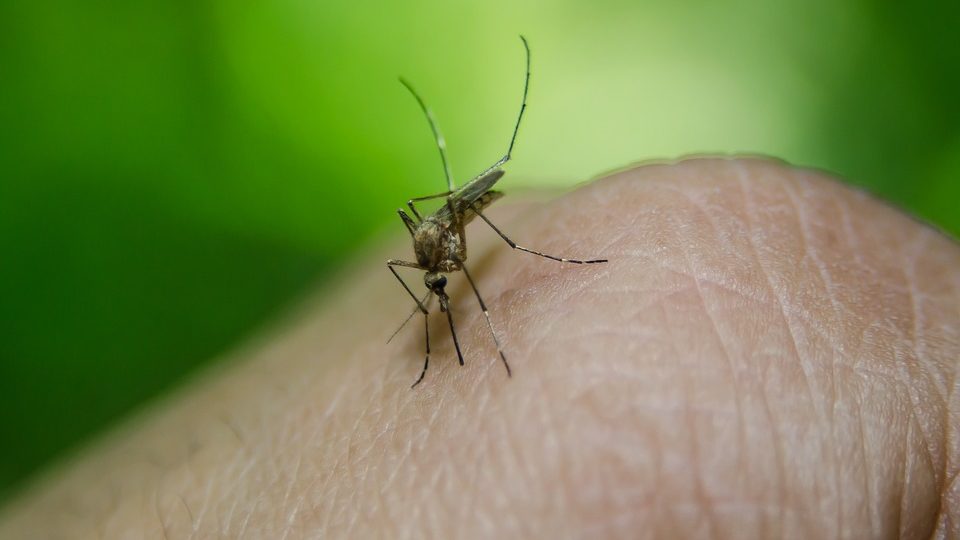There has been a staggering increase in the number of reported dengue cases in Singapore recently: The National Environment Agency (NEA) announced on its website this week that 487 dengue cases were reported in the last week (ending June 15) — the highest since March 2016.
Looking at the figures, the agency further explained that: “The number of weekly reported dengue cases have more than quadrupled in the past three months.”
Additionally, the number of active dengue clusters have also more than doubled in the past month — to 112 — as of June 17, 2019. There have been a total of 5,184 dengue cases reported in the country so far this year. Just last month, Singapore saw its fourth dengue death, when an elderly man who lived in Hougang died from the disease. Three others succumbed to dengue this year, two males and one female, all in their seventies.
The NEA also wrote that the population of Aedes aegypti mosquitoes, which carry the dengue infection, remains persistently high in the region, which thus increases the chances of transmission of the dengue virus to humans. The agency attributes this uptick in Aedes aegypti to the start of the region’s warmer months from June to October, during which the highest number of dengue cases tend to be reported historically.
There are at least 34 high-risk clusters (with 10 or more reported dengue cases). They include housing estates within Woodlands, Chai Chee and Aljunied.
In the same website announcement, the agency urged members of the public to stem dengue transmission by removing stagnant water through ways like inverting pails and regularly changing the water for potted plants and flower vases.




